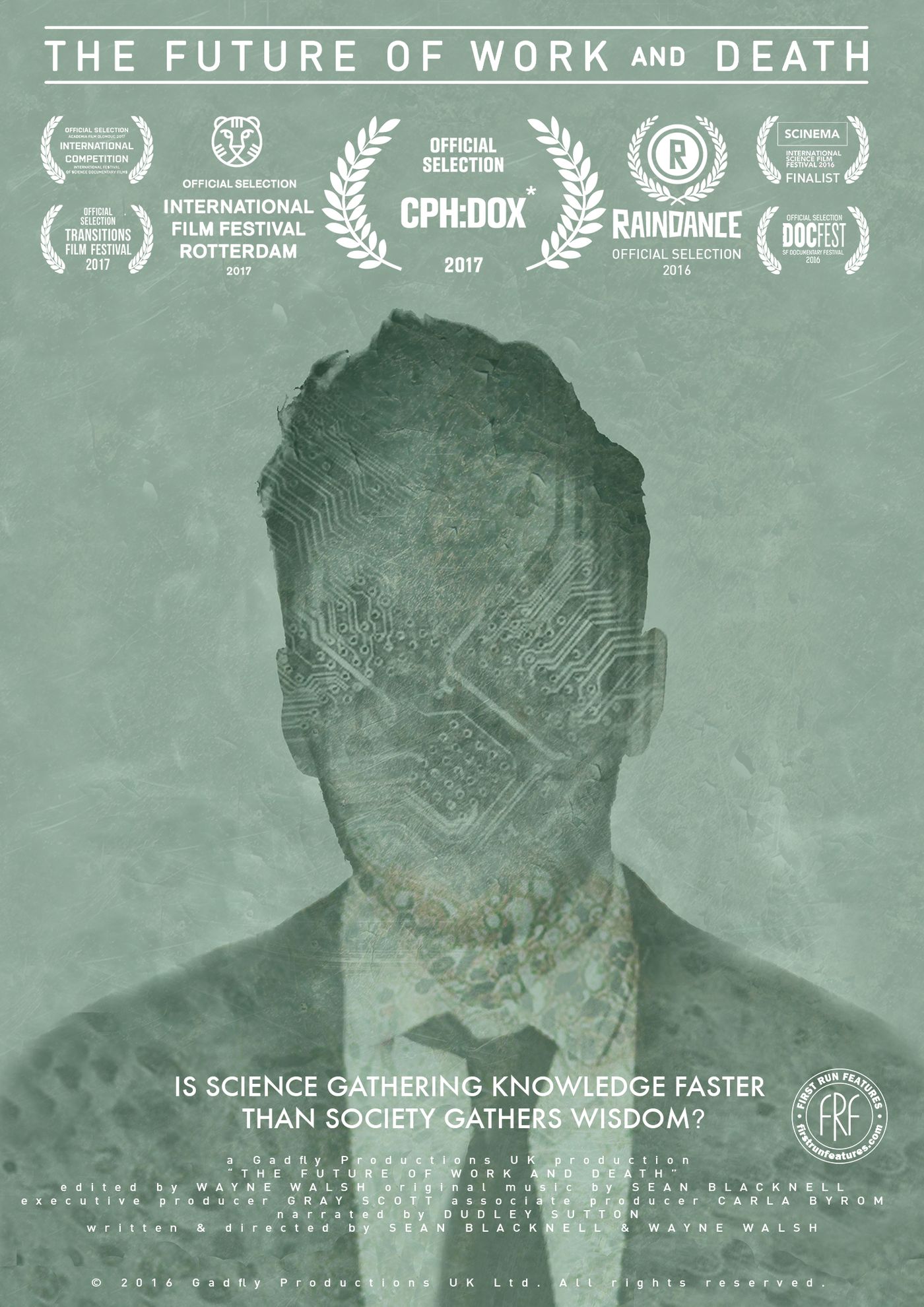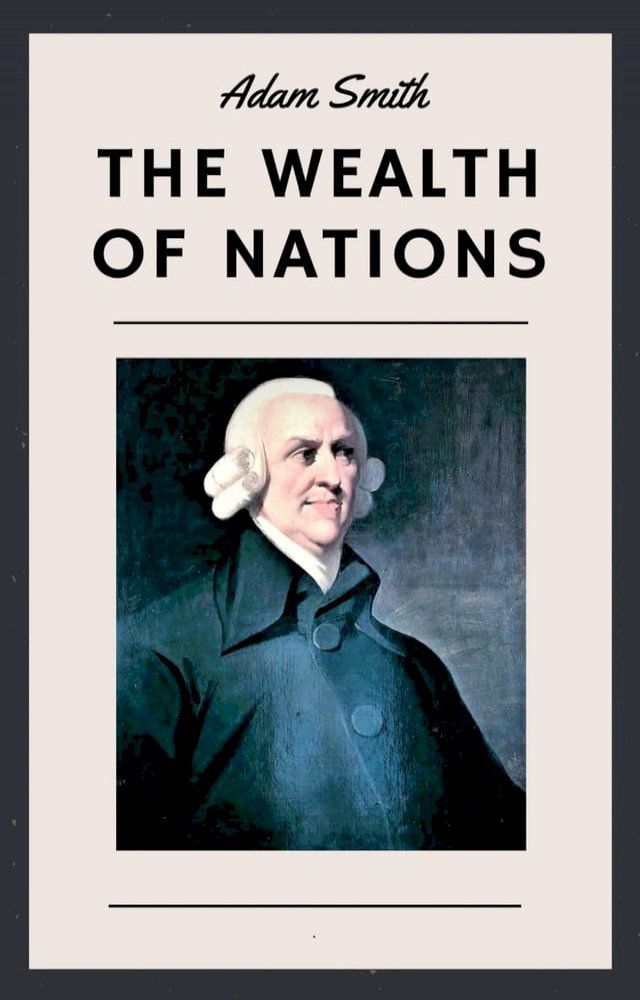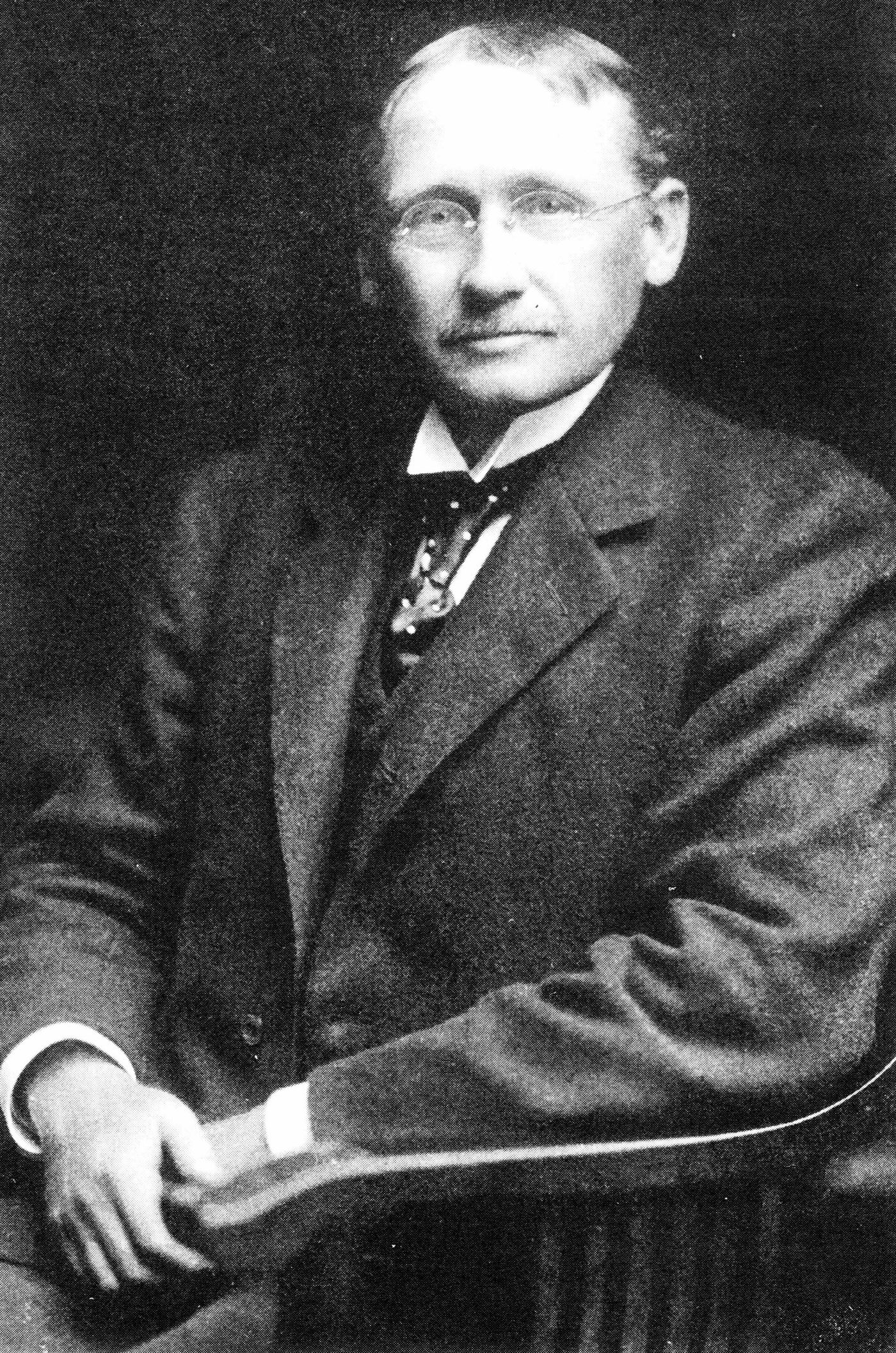🎥🎞️📝: "The Future of Humanity" | Why do we work?

The two major themes of " The Future of Work And Death ", "work" and "death", have opened up our inquiry about the nature of work and life under the large-scale response of technology. The dilemmas in the first half of the work on technology introduction fully reflect the hidden worries of the philosopher Heidegger in The Questions Concerning Technology :
Under the pedestal of technology, human beings will inevitably become part of technology.
Capitalism quantifies various experiential values into transaction values. When quantification becomes possible, the assembly line workers in the workplace become a small screw that can be replaced at any time under the production line, and the spiritual value of human beings is externalized into material value. However, Heidegger's prediction that there may be a future in human resources is a question that strikes me as a refutation of the meaning of work: "Why do we work?"
Adam Smith's misjudgment?

Scottish philosopher and economist Adam. In his 1776 book The Wealth of Nations, Adam Smith wrote:
"Man's nature is inclined to live as easily and comfortably as possible, and whether he gets paid exactly the same for a chore that he does or does not do, then he will do it sloppily, as far as those in power will allow him. thing."
Adam. Smith's observation of human innate inertia applies directly to people who work, in other words, he believed that people work for pay and nothing else. In addition, Adam. Smith recognized the power of incentives. He advocated a division of labor in arranging work, dividing work into simple, repeatable, and meaningless units. The content of the work is not very important as long as people get paid for their work (Barry Schwarz, 2016: 27–28).

And this set of ideas for work division was completely realized during the industrial revolution. Even, this concept was the father of scientific management, Fei Te Li. Fundamentals of Taylor (Frederick Winslow Taylor): Taylor used precise timing and movement studies to plan Adam. Smith envisioned factory processes in which "human beings" were part of a well-functioning machine; at the same time, he designed salaries that motivated employees to work hard, fast, and precisely. Still, such a false theory from economics still has a certain rate of error: not all actions that take place at work are for reward.
╴
human experience value
For example, Adam Smith's ideas are difficult to apply to non-profit organizations (NPOs). This summer I had the honor to intern at Teach For Taiwan (TFT). The pace of work within the organization is not as compact as that of a for-profit enterprise, and the organization values long-term development more than short-term storms; that is, are our actions pushing Taiwan more toward the vision we want to achieve? From the perspective of workers, non-profit organizations have instead given a negative mirror other than compensation. From the user's point of view, I think the reflection that can be raised is: What do we want to experience from the work of others?

American Public Television (PBS) also produced a documentary on the trade-off between technology and work, "In The Age of AI" [1], interviewed a truck driver whose job is about to be replaced by an autonomous driving system. It's just freight. Every time he goes to a place, he will chat and interact with the local residents, and the residents will occasionally present the vegetables they grow to comfort the hard-working drivers. Taking the initiative to greet residents is definitely not on the freight driver's to-do list, but because of his small actions, he has created a feeling that technology is irreplaceable. He doesn't think artificial intelligence can do such kind of interaction, and even if it does, he doesn't think it's true . Therefore, whether technology will replace human work, I think it is difficult to say, at least, the experience value that humans can provide is difficult to replace .
What can be done technically at present is only to shorten the unit time of completing the work, and it is unlikely to actively interact with users; however, I think this is the key to distinguish us from technology, except after the completion of the work. We are more eager to belong and connect with others after work.
References :
[1] In the Age of AI (Documentary) | FRONTLINE. Retrieved from: https://www.youtube.com/watch?v=5dZ_lvDgevk&t=1435s&ab_channel=FRONTLINEPBS|Official
Barry Schwarz (2015). Why We Work. Translated by Li Fangling, 2016. Taipei, the world.
Like my work? Don't forget to support and clap, let me know that you are with me on the road of creation. Keep this enthusiasm together!

- Author
- More